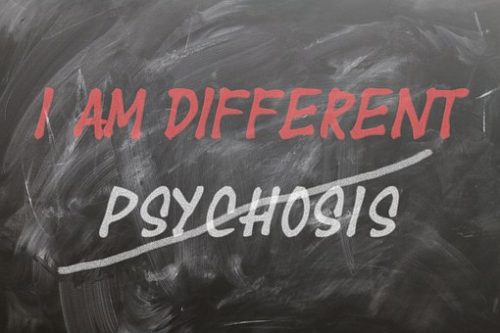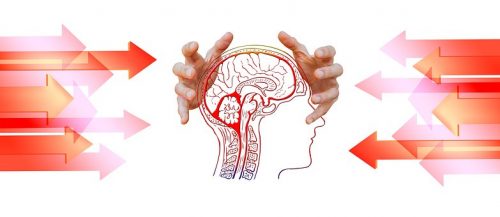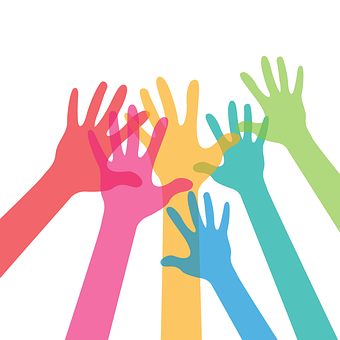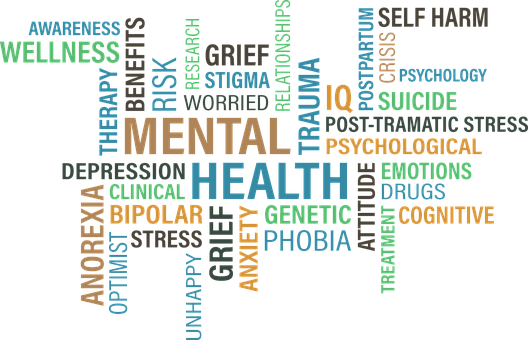
When you are exposed to traumatic events at an early age, say, childhood, this can evoke negative effects on how your brain develops through time. Child abuse and other forms of maltreatment are more common than what is being reported in the news. Problems that children go through can be rooted from parental or familial neglect, loss of a parent or loved one, or sexual, emotional, and physical abuse. It is a painful truth that adversities experienced very early in life can ultimately lead to behavioral, emotional, and psychological issues when one grows older.
Fortunately, not every kid that suffers from early life stress develops a mental health problem. It is possible that how children deal with stressful circumstances is not only predisposed by past experience but can also be of genetic causes and brain regulation, among others. This is why brain chemicals like oxytocin and cortisol are vital in the development of the brain.
Oxytocin
This is a popular hormone originating from the brain itself. It is commonly known as the ‘love hormone.’ It helps in the promotion of emotions, social skills, and parent-child relationships. Of course, it also helps strengthen romantic bonds. The oxytocin in the brain is not the same for each one, but its importance every day cannot be underemphasized. Differences in this gene can even alter one’s response to stress and anxiety. As Shannon Torberg, PsyD, LP elaborates, “Neuroscientists have found that brain structure is altered by chronic exposure to the stress hormone cortisol, which can be a major contributing factor to anxiety and depression.”
The environment around you can also greatly affect the growth and structure of oxytocin, which begins from the womb, then finally comes out of this world through birth. Thus, during the stages of infancy, childhood, adolescence, and adulthood, any positive or negative event that happens forms our body’s oxytocin system, so it is safe to say that it is important to be raised by loving and supportive parents. If the opposite happens; however, such as the presence of stress or some kind of mental health issue, there will be harmful effects as well. “Stress can seem omnipresent. Between working, socializing and taking care of the home, it sometimes seems we don’t have a minute to ourselves, let alone enough time to really take care of our bodies and minds.” Sonja Seglin, LCPC explains.
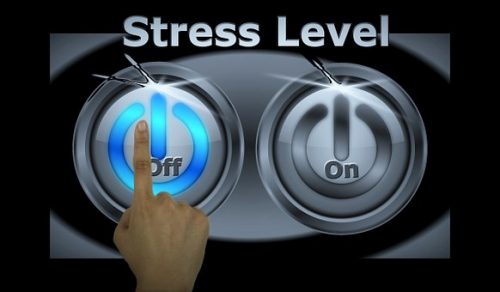
Effects Of Early Life Stress
Previous studies done on mice have revealed how the oxytocin system changes with early or premature trauma. This may increase or decrease one’s oxytocin levels in the brain, ultimately affecting one’s overall mental health.
Changes in the brain of humans, specifically the hypothalamus and amygdala regions, were seen when kids were exposed to childhood pain or distress. Adult men and women who suffered from childhood trauma in the past were seen to have had decreased levels of oxytocin in the brain. Similarly, the same outcomes also presented in children who were neglected or unattended by their parents.
Research and studies have therefore proven that there are indeed longstanding negative behavioral consequences from early life stress, as seen in the damage of the oxytocin system of the rodent as well as the human brain. On the other hand, an efficient oxytocin system results in a stronger resilience against addiction and drug and substance use. Research on animals has revealed that sufficient amounts of oxytocin increase the potential for social connection, decrease depression and anxiety, and improve one’s attitude towards dealing with stress.

Conclusion
“Research tells us that this is a common experience for those under stress. That everyone experiences stress and up to a certain level it can be helpful. Yet, stress can negatively impact one’s normal daily functioning or health.” That is according to Edna M. Esnil, PsyD. While it is true that oxytocin impacts a person’s capacity to cope with stress, it is equally true that other vital neurotransmitters are also important in improving one’s ability to combat anxiety and depression. It is therefore vital to understand how these systems affect a person early on in his life so that we will be able to comprehend how early life problems can influence our mental health in the future.

